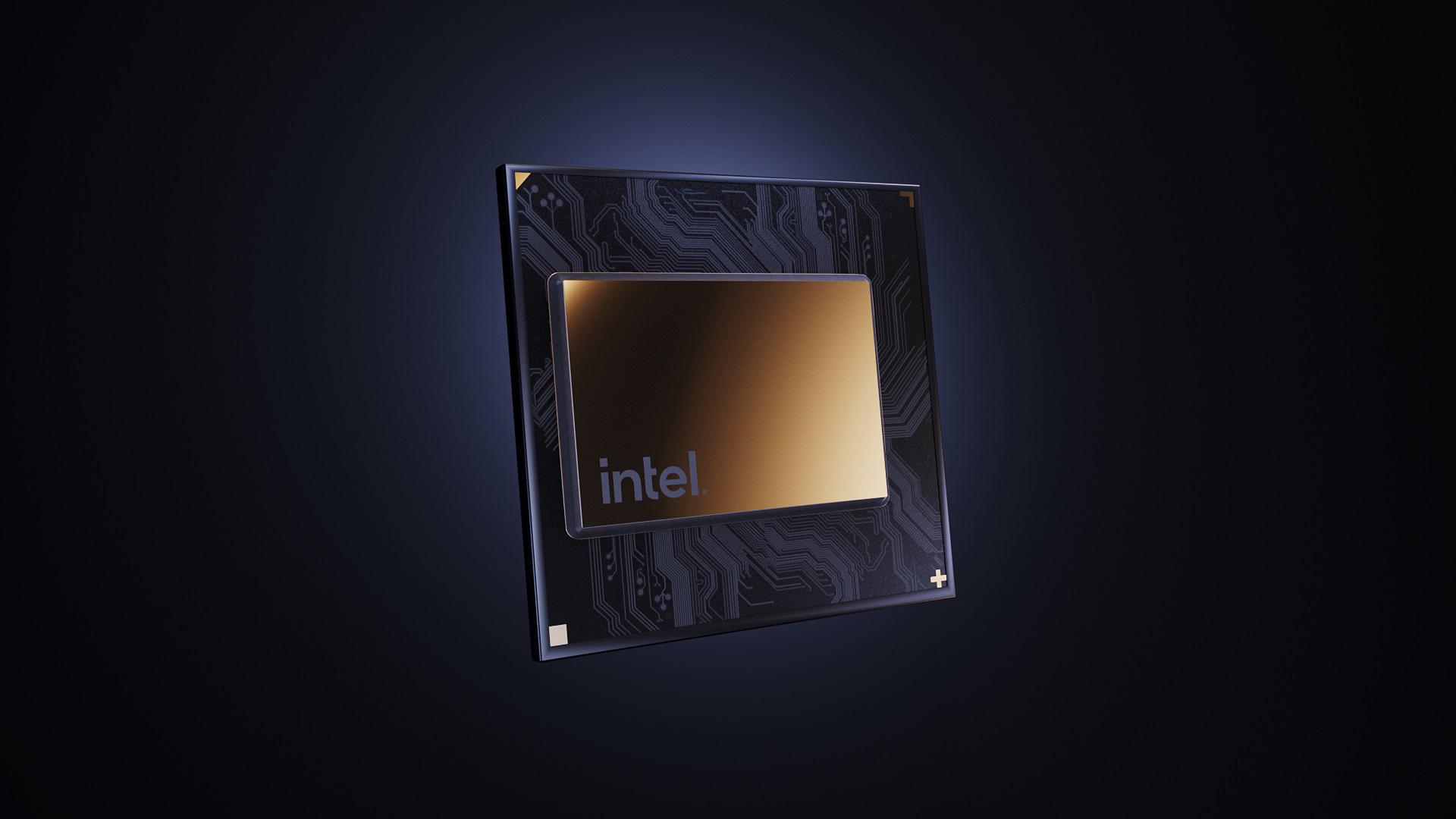Intel can make cryptocurrency mining chip 'without compromising the supply of new CPUs or GPUs'
Let's hope that's the case from here on out.

Intel has just announced a brand new cryptocurrency mining chip. Called Blockscale, Intel's new chip promises to be more energy-efficiency than others at SHA-256 hashing, which is most commonly used in bitcoin mining. Sounds wonderful, if you own a bitcoin mining farm. Though before you get too down in the dumps about it, Intel at least says production of this new chip won't compromise production of its CPUs and GPUs.
That's because it's able to avoid any such compromise due to the "nature of the silicon powering this technology." Assumedly that means the process node the Blockscale chip will be produced on won't be the same as those used by its CPU and GPUs. That could mean it's using older technology, but more likely it's using a very recent node instead.
Just not necessarily its own.
Intel had previously outlined two generations of its cryptocurrency chip, known as Bonanza Mine. The first generation was more of a prototype, while the second is the basis for the Blockscale Application Specific Integrated Circuit (ASIC) we're seeing today.
The first-generation test unit was confirmed to be using a 7nm process node. Though this was not confirmed to be Intel's own Intel 4 node or a rival's, such as TSMC. Despite having its own manufacturing facilities around the world, Intel has bought supply through TSMC for its lineup of upcoming Arc GPUs and other products, so it's very possible that's the case here.
Intel has yet to confirm which process Blockscale, née second-gen Bonanza Mine, uses, but it has been linked to TSMC's 5nm process.
That means it's possible that Blockscale uses a different process node to Intel's CPUs, which for the most part are built by Intel's own foundries; and GPUs, which are built by TSMC but may be using capacity a different process node to its other products or not impact further wafer capacity that Intel has secured with the company.
Keep up to date with the most important stories and the best deals, as picked by the PC Gamer team.
So, yeah. It sounds like Intel's supply of chips won't be impacted by this new mining one. However, it is still capacity that's being used up, and us humans don't have all too much to spare right now.

Nvidia similarly promised its cryptocurrency GPUs, CMP, would not interfere with its gaming GeForce supply, as it was expected they would be using chips not otherwise suitable for any GeForce SKU. Nvidia reports demand for these cards has slowed somewhat since release.
Though Intel's foray into cryptocurrency mining is interesting in its own right. Not only has the company's top bosses—including Raja Koduri, general manager of the Accelerated Computing Systems and Graphics (AXG) Group at Intel—said that blockchain technology is a powerful tool for future compute, and the company also formed a new Custom Compute Group to focus on acceleration for workloads, including cryptocurrency mining.

Best gaming PC: The top pre-built machines from the pros
Best gaming laptop: Perfect notebooks for mobile gaming
The Blockscale chip it rests some of those hopes on looks pretty efficient as far as cryptocurrency ASICs go—which is to say cryptocurrency mining remains a power-thirsty endeavour and requires the power draw comparable to entire countries to operate—running at 580GH/s and up to 26 J/TH efficiency. Though that's only for a single chip and Intel touts a higher speed when many chips are combined into a single mining unit. One miner is expected to run at 135TH/s, which puts it up there with the best from ASIC-miner Bitmain.
Of course, bitcoin mining doesn't have much of an impact on GPU supply today, as bitcoin has since moved far away from the capabilities of the humble graphics card and onto more powerful ASICs. Graphics cards were instead being snapped up by ethereum miners, as ethereum uses an ASIC-resistant algorithm.
But even ethereum demand appears to have dropped as of late as crypto-mining profitability slips. Whether that's the primary reason we're seeing GPUs back in stock at major retailers or not, it's tough to say. However, it's at least looking a little bit better for GPU supply in 2022.

Jacob earned his first byline writing for his own tech blog. From there, he graduated to professionally breaking things as hardware writer at PCGamesN, and would go on to run the team as hardware editor. He joined PC Gamer's top staff as senior hardware editor before becoming managing editor of the hardware team, and you'll now find him reporting on the latest developments in the technology and gaming industries and testing the newest PC components.

